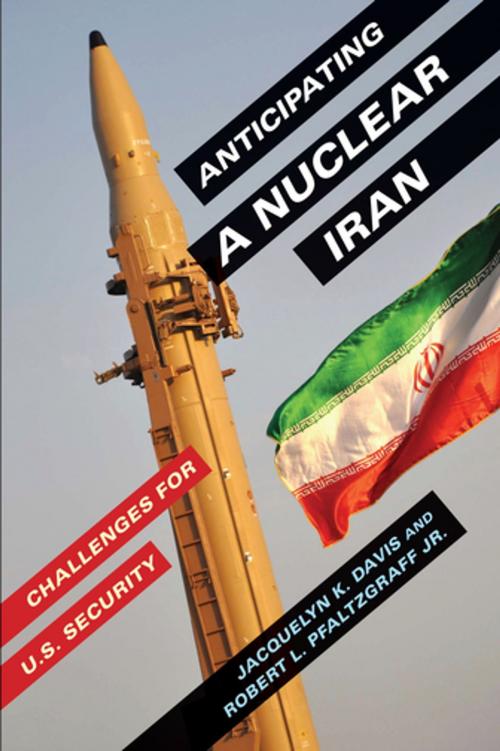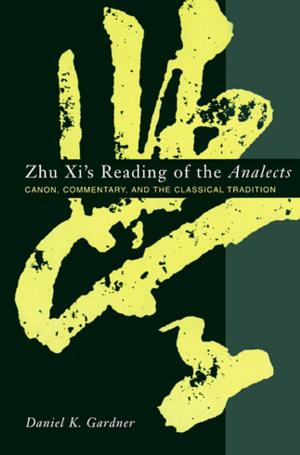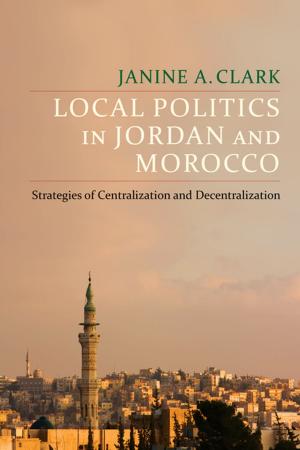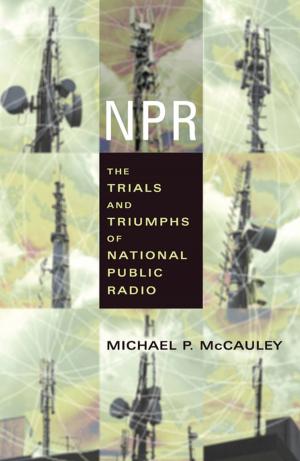Anticipating a Nuclear Iran
Challenges for U.S. Security
Nonfiction, History, Military, Nuclear Warfare, Social & Cultural Studies, Political Science, International, International Relations| Author: | Jacquelyn Davis, Robert Pfaltzgraff Jr. | ISBN: | 9780231535946 |
| Publisher: | Columbia University Press | Publication: | December 17, 2013 |
| Imprint: | Columbia University Press | Language: | English |
| Author: | Jacquelyn Davis, Robert Pfaltzgraff Jr. |
| ISBN: | 9780231535946 |
| Publisher: | Columbia University Press |
| Publication: | December 17, 2013 |
| Imprint: | Columbia University Press |
| Language: | English |
This volume is based on the assumption that Iran will soon obtain nuclear weapons, and Jacquelyn K. Davis and Robert L. Pfaltzgraff Jr. develop alternative models for assessing the challenges of a nuclear Iran for U.S. security. Through three scenario models, the book explores the political, strategic, and operational challenges facing the United States in a post–Cold War world. The authors concentrate on the type of nuclear capability Iran might develop; the conditions under which Iran might resort to threatened or actual weapons use; the extent to which Iran's military strategy and declaratory policy might embolden Iran and its proxies to pursue more aggressive policies in the region and vis-à-vis the United States; and Iran's ability to transfer nuclear materials to others within and outside the region, possibly sparking a nuclear cascade. Drawing on recent post–Cold War deterrence theory, the authors consider Iran's nuclear ambitions as they relate to its foreign policy objectives, domestic politics, and role in the Islamic world, and they suggest specific approaches to improve U.S. defense and deterrence planning.
This volume is based on the assumption that Iran will soon obtain nuclear weapons, and Jacquelyn K. Davis and Robert L. Pfaltzgraff Jr. develop alternative models for assessing the challenges of a nuclear Iran for U.S. security. Through three scenario models, the book explores the political, strategic, and operational challenges facing the United States in a post–Cold War world. The authors concentrate on the type of nuclear capability Iran might develop; the conditions under which Iran might resort to threatened or actual weapons use; the extent to which Iran's military strategy and declaratory policy might embolden Iran and its proxies to pursue more aggressive policies in the region and vis-à-vis the United States; and Iran's ability to transfer nuclear materials to others within and outside the region, possibly sparking a nuclear cascade. Drawing on recent post–Cold War deterrence theory, the authors consider Iran's nuclear ambitions as they relate to its foreign policy objectives, domestic politics, and role in the Islamic world, and they suggest specific approaches to improve U.S. defense and deterrence planning.















